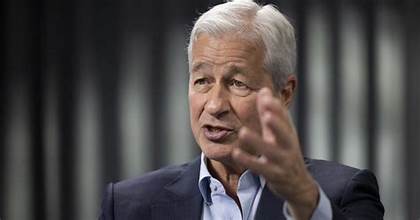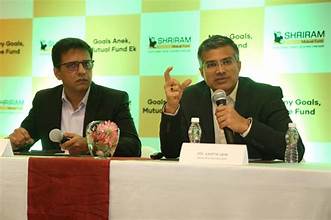Jamie Dimon, CEO of JPMorgan Chase, is known for his cautious and sometimes pessimistic views on the U.S. economy. Despite his warnings, JPMorgan continues to perform strongly, making record profits and leading the financial industry.
Dimon’s Cautious Outlook vs. JPMorgan’s Success
Over the past 20 years, Jamie Dimon has frequently raised concerns about economic risks, even as JPMorgan has grown larger and more profitable. His bank is now the biggest and most valuable financial institution in the world, with an extensive reach in consumer banking, investment, and trading.
While Dimon often predicts economic challenges, JPMorgan’s results have repeatedly surpassed expectations. The bank posted seven record-breaking profit years between 2015 and 2024 and continues to invest heavily in technology, including artificial intelligence, to maintain its competitive edge.
A History of Warnings and Preparedness
Since becoming CEO in 2006, Dimon has led JPMorgan through major crises, including the 2008 financial meltdown. In recent years, his warnings about economic downturns and financial instability have become more frequent.
For example, in 2015, Dimon described rising U.S. debt concerns as a “warning shot” for markets. He has also warned about possible recessions, inflation issues, and geopolitical risks like conflicts in Ukraine and the Middle East.
Why Dimon Stays Focused on Risks
Financial experts suggest Dimon’s cautious tone serves a purpose. By highlighting potential dangers, he helps keep JPMorgan’s management alert and prepared for future challenges. This approach reduces complacency and promotes a culture of constant vigilance.
Banking analyst Mike Mayo compares this to carrying an umbrella on a sunny day—always ready for trouble even when things seem fine. This mindset is crucial in finance, where risks can quickly escalate.
Balancing Reputation and Reality
Dimon’s warnings may also be a strategic way to protect his reputation. If problems arise, he can say he predicted them. If not, his bank’s strong performance remains clear. Former bankers note that it’s safer to sound cautious than overly optimistic in this industry.
JPMorgan’s Strong Position Despite Challenges
Even with Dimon’s concerns, JPMorgan is well-prepared for today’s economic environment. When interest rates rose sharply in 2023, JPMorgan was better positioned than many competitors to handle the shift.
Dimon reminds investors that many banks earning high returns before the last crisis eventually failed. This “graveyard” of banks includes Bear Stearns and Washington Mutual, both acquired by JPMorgan.
Conclusion: Dimon’s Realism Reflects Financial Fragility
Jamie Dimon’s steady warnings reflect the fragile nature of financial institutions, no matter their size. His cautious outlook underscores the need for constant preparedness in a volatile global economy.
As Dimon puts it: “It’s a rough world out there.”






